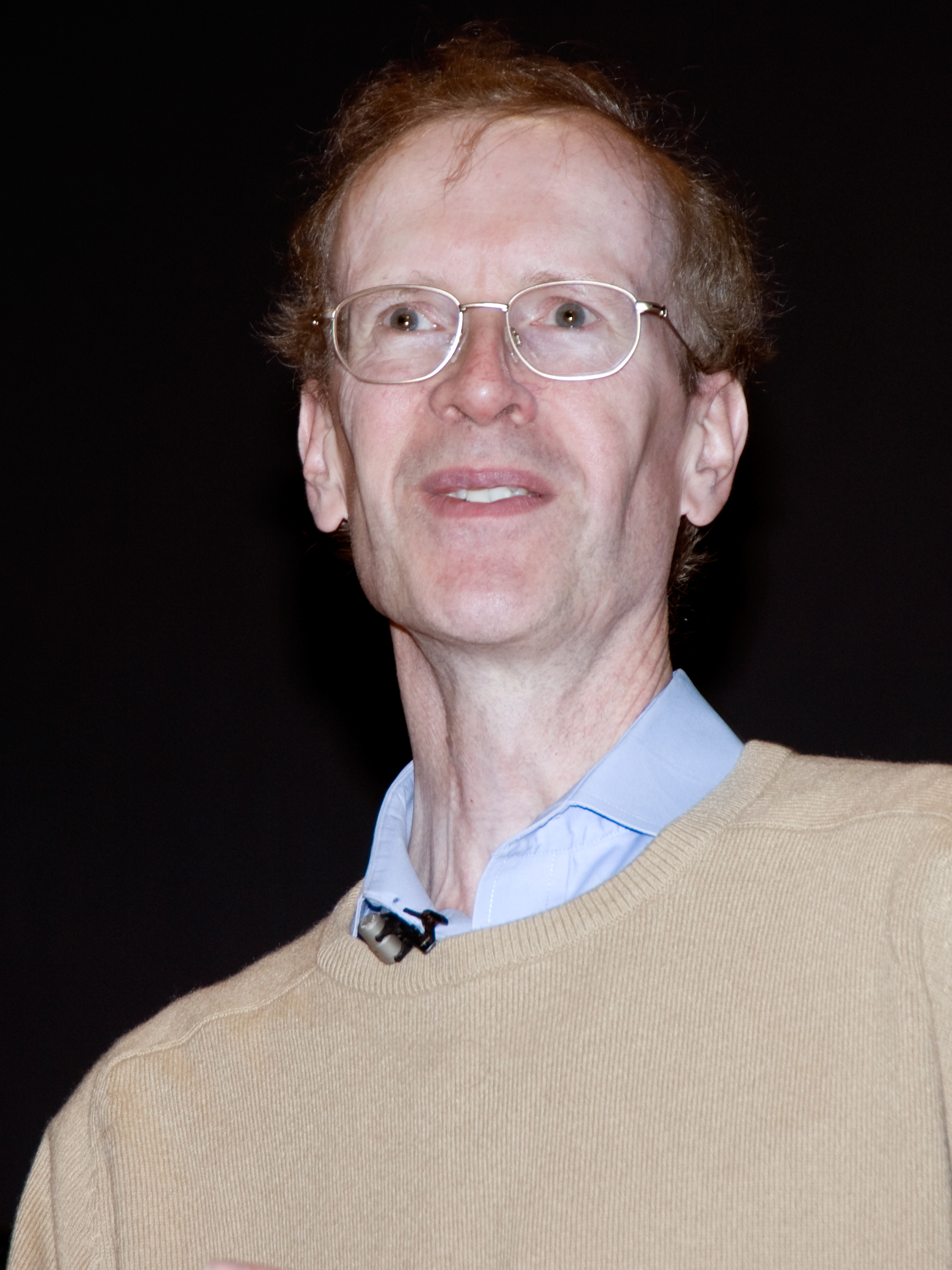I loved doing problems in school.
Meaning of the quote
Andrew Wiles, a famous English mathematician, said that he really enjoyed solving problems in school. This means that he found it fun and interesting to work on challenging math questions and try to figure out the solutions. Solving problems can be like a puzzle or game, and Wiles seems to have really liked that kind of mental exercise when he was a student.

About Andrew Wiles
Andrew Wiles is an English mathematician known for proving Fermat’s Last Theorem, a renowned mathematical problem. He has received numerous prestigious awards, including the Abel Prize and Copley Medal, and was appointed a Knight Commander of the Order of the British Empire. Wiles has made significant contributions to the field of number theory and has been recognized for his groundbreaking work in unifying various mathematical concepts.
More quotes from Andrew Wiles
Pure mathematicians just love to try unsolved problems – they love a challenge.
English mathematician (1953-)
I know it’s a rare privilege, but if one can really tackle something in adult life that means that much to you, then it’s more rewarding than anything I can imagine.
English mathematician (1953-)
I realized that anything to do with Fermat’s Last Theorem generates too much interest.
English mathematician (1953-)
I hope that seeing the excitement of solving this problem will make young mathematicians realize that there are lots and lots of other problems in mathematics which are going to be just as challenging in the future.
English mathematician (1953-)
There’s also a sense of freedom. I was so obsessed by this problem that I was thinking about if all the time – when I woke up in the morning, when I went to sleep at night, and that went on for eight years.
English mathematician (1953-)
I’m sure that some of them will be very hard and I’ll have a sense of achievement again, but nothing will mean the same to me – there’s no other problem in mathematics that could hold me the way that this one did.
English mathematician (1953-)
That particular odyssey is now over. My mind is now at rest.
English mathematician (1953-)
I really believed that I was on the right track, but that did not mean that I would necessarily reach my goal.
English mathematician (1953-)
The only way I could relax was when I was with my children.
English mathematician (1953-)
I tried to fit it in with some previous broad conceptual understanding of some part of mathematics that would clarify the particular problem I was thinking about.
English mathematician (1953-)
I grew up in Cambridge in England, and my love of mathematics dates from those early childhood days.
English mathematician (1953-)
I had this rare privilege of being able to pursue in my adult life, what had been my childhood dream.
English mathematician (1953-)
Mathematicians aren’t satisfied because they know there are no solutions up to four million or four billion, they really want to know that there are no solutions up to infinity.
English mathematician (1953-)
Always try the problem that matters most to you.
English mathematician (1953-)
We’ve lost something that’s been with us for so long, and something that drew a lot of us into mathematics. But perhaps that’s always the way with math problems, and we just have to find new ones to capture our attention.
English mathematician (1953-)
It could be that the methods needed to take the next step may simply be beyond present day mathematics. Perhaps the methods I needed to complete the proof would not be invented for a hundred years.
English mathematician (1953-)
Well, some mathematics problems look simple, and you try them for a year or so, and then you try them for a hundred years, and it turns out that they’re extremely hard to solve.
English mathematician (1953-)
There are proofs that date back to the Greeks that are still valid today.
English mathematician (1953-)
It’s fine to work on any problem, so long as it generates interesting mathematics along the way – even if you don’t solve it at the end of the day.
English mathematician (1953-)
Fermat said he had a proof.
English mathematician (1953-)
I was so obsessed by this problem that I was thinking about it all the time – when I woke up in the morning, when I went to sleep at night – and that went on for eight years.
English mathematician (1953-)
Just because we can’t find a solution it doesn’t mean that there isn’t one.
English mathematician (1953-)
But the best problem I ever found, I found in my local public library.
English mathematician (1953-)
Then when I reached college I realized that many people had thought about the problem during the 18th and 19th centuries and so I studied those methods.
English mathematician (1953-)
However impenetrable it seems, if you don’t try it, then you can never do it.
English mathematician (1953-)
Perhaps the methods I needed to complete the proof would not be invented for a hundred years. So even if I was on the right track, I could be living in the wrong century.
English mathematician (1953-)
The greatest problem for mathematicians now is probably the Riemann Hypothesis.
English mathematician (1953-)
I loved doing problems in school.
English mathematician (1953-)
The definition of a good mathematical problem is the mathematics it generates rather than the problem itself.
English mathematician (1953-)
I don’t believe Fermat had a proof. I think he fooled himself into thinking he had a proof.
English mathematician (1953-)